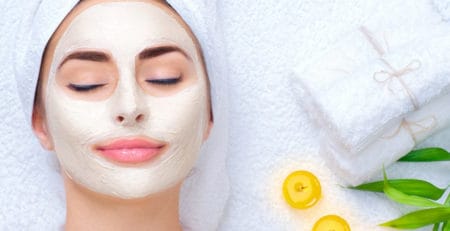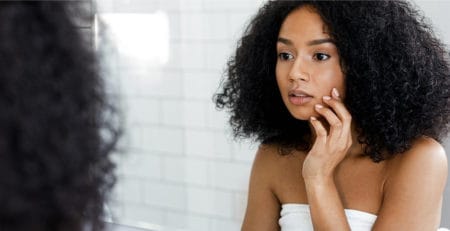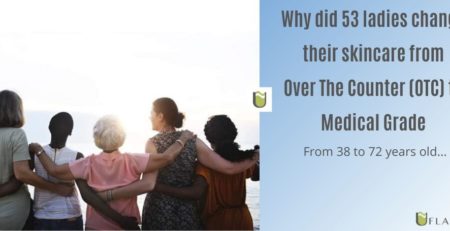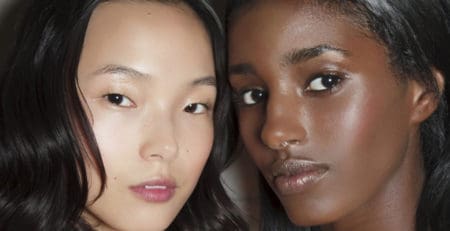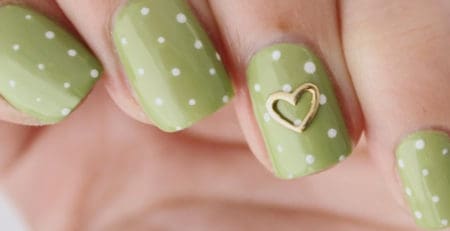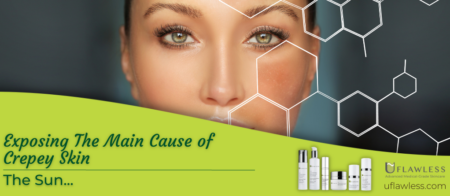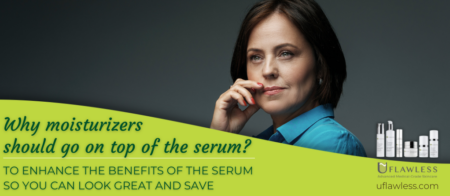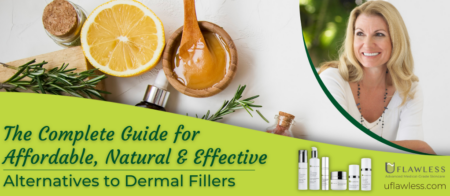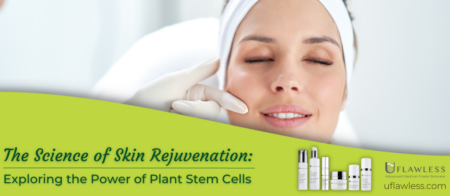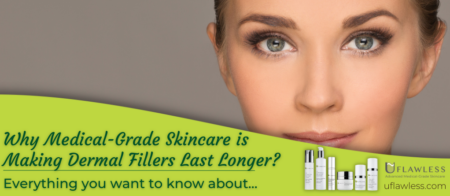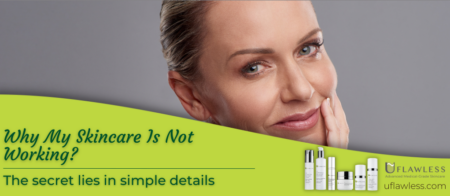How many times have you looked to know about a specific issue regarding skin and then you read a couple of words and then boom, pushing on products to you? We’ve collected the most Frequent Asked Questions regarding skincare and described here, everything you ever wanted to know. Let’s check it out:
Before we start is worth to mention that nothing said in this post will reduce the importance of getting advice from a dermatologist. This post is merely for consult information based on what works for us.
FAQ# 1) What’s The Importance Of Water for the Skin?
The reality of the matter is that water has a significant role in our body as a whole but to put your skin in another level, regarding plump and radiance, the basic of the basic is water. 60% to 70% of our body and cells are made of water. The lack of water in our system causes dry skin, as the body will prioritize the distribution of water to the vital internal organs, such as the heart, lungs, and brain, before going to the skin.
So plenty of water – eight to twelve (8-12) glasses of water a day is the ideal amount for plump skin. Doubt it? Try it for one week and check the difference.
FAQ# 2) What causes acne?
There are many causes for acne so we can’t blame one factor. The main factors for Acne are:
- Overproduction of oil or sebum on the skin, which can develop clogged hair follicles, which in contact with bacterias make it a perfect environment for breakouts.
- Hormonal rush and unbalance creates instability of the pH of the skin, leading into more sebum that can also clog pores and the consequences are acne, pimples, and blackheads.
Though there are some myths regarding what causes acne, like eating greasy food, hygiene, and some cosmetics, they can’t be ignored entirely.
Eating healthy, for example contributes for the body to be balanced and able to deliver the correct antioxidants, minerals, and vitamins good for the skin.
Some basics on hygiene are vital, as well as; good cosmetics complete the steps to avoid breakouts to get under control.
3) What are the basics on skincare?
One thing to keep in mind is that Skincare is a Multi-Billion Market and companies would create many different products trying to call the attention of new customers. The real truth is that we need to follow simple necessary steps in a skincare routine.
Cleanse, then Treat, then Moisturize. If you have products to fill those steps, you are absolutely vital in taking care of your skin.
4) What are the most critical steps on a skincare routine
As mention previously, we have three basic steps:
- Cleanse – Is the stage in the skincare regimen, where you will be able to prepare the surface – the skin – to receive and absorb the nutrients of the upcoming steps. In the cleansing step, we are getting rid of impurities on the skin, oil, bacterias, and makeup avoiding the pores to get clogged.
- Treatment – Here is the step which we have the opportunity to nourish the skin with the actives and ingredients essential for our skin to be healthy and good looking. It’s here that we have to pay attention to the quality of the product we are using to guarantee the results we are expecting.
- Moisturize – The sealing stage of the skincare routine. Moisturizing the skin is when we take advantage that the actives and ingredients are sitting on the skin and keep them acting for more time. It’s like giving extra life to the treatment. There are several types of moisturizing, and it’s good to see moisturizers with antioxidants, marine extracts that also nourish the skin.
5) How to uneven skin tone?
Our skin is formed with pigments, called melanin, which is formed by cells called melanocytes. These cells pass through a complete turnover process every six weeks, approximately. If we don’t take good care of the process, helping the body to eliminate dead skin cells, there’s a chance that some cells overcome the new ones creating the uneven aspect.
One of the ways to take proper care of is exfoliating once a week and using serums with vitamin-c, which is a powerful antioxidant and good for the skin.
6) How do I find out my skin type?
Basically, people will match with one of the four types of skin
1) Oily Skin – The main characteristic is the overproduction of sebum/oil after 1 hour washing the face. Pores are usually enlarged, especially on the T-Zone (forehead, nose, and chin).
2) Dry Skin – When identifying lack of moisture, low elasticity, driving to tightness, and itchiness, the skin is considered dry.
3) Combination Skin – As the name says, the skin can present oily characteristics in some parts and dry in others, especially on the T-Zone.
4) Normal Skin – The ones with this skin are considered lucky and the primary attribute is radiant complexion, rarely invisible pores, and few imperfections.
7) Why is it essential to use a moisturizer?
The moisturizer is what guarantees that the treatment used in the previous step, stays longer keeping water on the skin. It is also positive when moisturizers bring to the skin antioxidant, vitamins and actives essential to plump the skin.
8) Which step should we moisturize the face?
Moisturizers should be used as one of the steps just after the treatment we are giving to the skin to guarantee that the benefits of treatment applied on the skin delivers better and quicker results.
9) Is it OK to moisturize oily skin?
Yes, it is crucial to moisturize even oily skin. The best ones to use for oily skin are the lightweight ones also called non-comedogenic, which translated to the practical daily use won’t clog pores
10) How can I stop my skin from breaking out?
Even though it is almost impossible to avoid breakouts, there are some ways to prevent pimples to submerge from the surface of the skin.
One of the ways is eating healthy.
Followed by a good skincare routine – like Cleansing, Treating with Vitamins and Antioxidant Serums and Locking up with a good moisturizer
11) What is the best way to take care of sensitive skin?
Just be conscious and gentle with the skin. It doesn’t mean that steps like exfoliating and cleansing need to be skipped. On the contrary, it is as required as any other skin type. The main thing is to use natural ingredients and moisturizers specifically for sensitive skin, which usually are more dense to penetrate in the dry skin.
12) How can I get rid of blackheads?
A good skincare routine is essential for any skin. If the case is to get rid of blackheads, cleansing is significant and good results using glycolic toners and retinol serums, are showing to be effective in getting rid of blackheads. Once a week, perform an exfoliation so the skin can receive stimuli to rejuvenate.
13) How to reduce, the oil production on my skin?
Actually, it is part of the body’s nature to produce oil, which is a natural protection. The body will produce oil anyways, for some people more than others.
There are some ways to control the oil production, which is cleansing in a daily basis, for those with oily skin, twice a day, exfoliating once a week and also using clay masks which can help to such the impurities of the skin.
14) How can I get rid of brown sun spots?
First of all, it is essential to consult a doctor before concluding that it is brown spots. Now if the issue is brown spots, it’s important to know that some treatments can apply after checking with a dermatologist, what is the case.
But the most common ones are using cream and lotions, containing acids, like glycolic acid, for example proved to be effective in combating brown spots.
15) How can I prevent wrinkles and other aging skin signs?
The naked truth is that it’s inevitable that the years pass by and our skin doesn’t show the signs of aging, but we have to bear in mind that 3 main factors trigger premature aging. When we work directly on these triggers, we are addressing part of the situation. The top three elements are
1) Exposure to Sunlight – Using Sunscreen everyday with at least 30SPF (Sun Protection Factor)
2) Stress – Meditation and avoiding situations that lead you to stress
3) Healthy Eating – Adopting healthy habits, eating more fruits and vegetables, drinking plenty of water – 8-12 glasses a day.
Parallel on addressing the aging factors is getting started in a solid Skincare Routine, able to help you Cleanse, Treat and Moisturize your skin, as we have seen above.
16) When and How to use sunscreen?
We can’t stress this enough, but the truth is that we should use sunscreen every day before we go out early in the morning. Usually, sunscreen we apply after the moisturizer is stable on skin sealing and protecting the skin which has been treated.
17) What’s the problem in sleeping with Makeup on?
The problem is that makeup when on the skin for long periods clog the pores and as the time goes by, oil and bacterias start to gather creating an unhealthy environment for the skin. The consequences are severe breakouts and inflammation in the long run.
Hope that this was helpful for you and if you have any question that was not here, please write to us so that we can clarify for you.
Have a good one!




